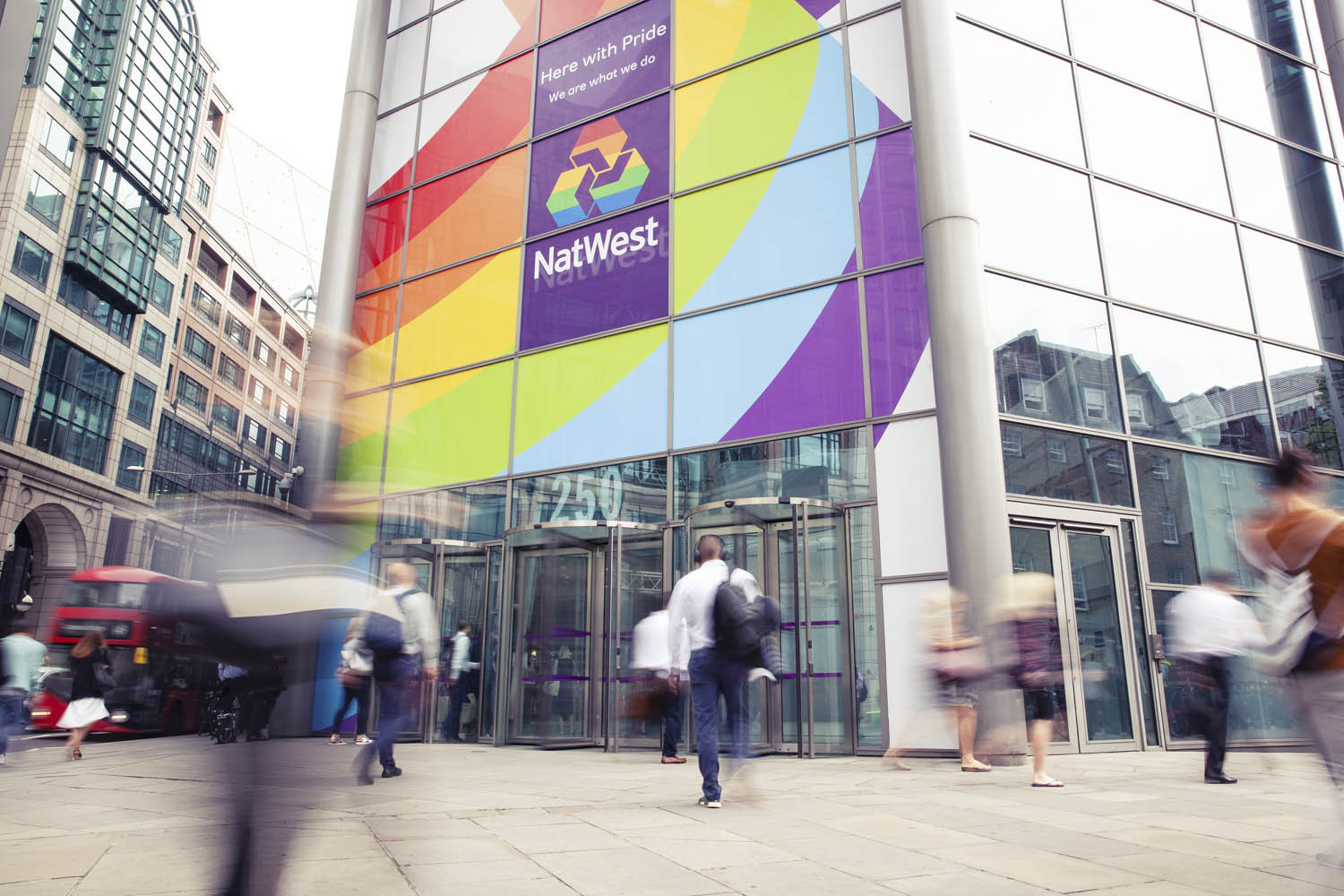

In a week that saw it boss resign over the Nigel Farage Coutts account fiasco, Natwest at least ended the week with a positive headline.
The lender revealed an operating pre-tax profit of £3.6bn for the latest half-year, up from £2.6 bn in the same period last year.
Net loans to customers excluding central items increased by £6bn to £352.7bn during first half of 2023 primarily reflecting £5.9bn of mortgage growth within its retail banking division.
Coventry Building Society also delivered a strong performance in the first half of 2023, with profit before tax of £269m (H1 2022: £158m).
Mortgage balances grew by £0.8bn (1.7%) to £48.8bn. Gross advances of £4.0bn increased by 5.2% on H1 2022.
Coventry BS chief executive Steve Hughes comments: “We’ve grown our mortgage balances in a broadly flat market, with gross advances of £4bn more than 5% up on the same period in 2022, and net growth of £0.8 billion helped by improved mortgage retention.
“Our quality of lending and proactive approach to supporting customers has kept arrears low at 0.22%, less than a third of the industry average”.
He adds: “Whilst the rising interest rate environment has presented real challenges to homeowners, landlords and tenants we’ve stayed open for business and provided borrowers and brokers alike with the service, value and support they need.
“Our competitiveness and service are based on strong financial foundations. We’ve delivered strong profitability, and increased our capital strength, by balancing the benefit we return to today’s members with protecting and investing in the Society for the benefit of future members.
In its latest half-year report Leeds Building Society reveals that almost half (49%) of its new borrowers in H1 were first time buyers, and the mutual increased its market share of gross lending to 1.62% with a total of £1.9bn (H1 2022: £2.5bn).
Six of its 10 biggest days for mortgage lending were in the first six months of this year, with June its busiest ever month for shared ownership.
Leeds Building Society chief executive Richard Fearon comments:”As a business created to empower greater home ownership, we’ve stayed actively and responsibly lending in a fast-changing market throughout H1 and at all LTV (loan to value) bands up to 95%, serving new buyers with smaller deposits or existing homeowners with less equity.
“We’ve moderated the impact of repeated Bank of England base rate rises by limiting increases in our standard variable rate and have worked hard to support borrowers facing financial difficulties with help tailored to their individual circumstances.
“We were among the first signatories to the Government’s new Mortgage Charter and the first lender to launch a simple, digital application process for borrowers seeking assistance.
He adds: “While the Charter formalises and extends the support measures we offer to borrowers in need, we continue to go further – we are not charging arrears fees, having stopped these charges early in the Covid-19 pandemic. Since March, we’ve accepted earlier applications for product transfers, giving existing borrowers six months before maturity to choose their new deal.
Earlier this week In a trading update covering the nine months to June, Paragon said the net loan book had grown by 4.8 per cent to £14.7bn since June last year.
However, the breakdown revealed that mortgage lending climbed 7.8% but commercial lending fell 8.7%
Mortgage loan-to-value ratios remain at 62.1% while Paragon insists its loan portfolios demonstrate a “strong credit performance”, despite a slight increase in arrears on its old variable rate book.